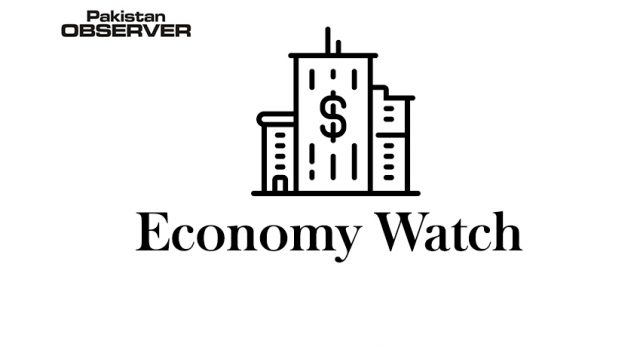Fremantle
Even in the scorching Australian summer sun, long queues of customers snake around Fremantle harbour — a soothing sight for beleaguered local fishermen trying to replace lost business with China. Australia’s rock lobster exports are worth half a billion US dollars a year — and in normal times, 94 percent of them go to China.
But all that changed a few weeks ago, when Beijing imposed a near-total import ban on lobster, part of a broader politically charged “shadow trade war”.
“It has affected us drastically,” third-generation fisherman Fedele Camarda told AFP. “Our income has been reduced considerably.”
Relations between Canberra and Beijing have been in free-fall for most of this year, with China hitting out at a list of issues including Australia’s call for an inquiry into the origins of Covid-19 and a ban on Huawei’s participation in the nation’s 5G network.—APP










